The Boston accent’s history and its glorious impact are deeply intertwined with the cultural fabric of Massachusetts and the broader landscape of American English.
Originating with English settlers in the colonial era and enriched by waves of Irish immigration in the 19th and 20th centuries, the Boston accent has evolved into a distinctive linguistic marker of the region.
Its unique features, including r-dropping and distinctive vowel sounds, reflect the complex interplay of historical, cultural, and demographic factors.
Beyond its linguistic significance, the Boston accent holds a special place in popular culture, celebrated in literature, film, and television.
This introduction sets the stage for exploring how the Boston accent’s rich history has left an indelible mark on the cultural identity of Massachusetts and continues to shape perceptions of regional identity and pride. Stay calm and read the whole post.
Origins of the Boston Accent
The Boston accent is one of the most recognizable and distinctive accents in the United States.
Its unique characteristics, including dropping the letter “r” in certain contexts, have fascinated linguists and intrigued visitors for generations.
Understanding the origins of this accent requires delving into the historical and cultural influences that have shaped the linguistic landscape of coastal Massachusetts.
Historical Origins

The roots of the Boston accent can be traced back to the arrival of English settlers in the 17th century. Many of these early settlers hailed from East Anglia, a region in eastern England known for its distinctive dialect.
The Puritans, who came to Massachusetts seeking religious freedom, brought their linguistic traditions, including certain speech patterns and pronunciation quirks.
Irish Immigration
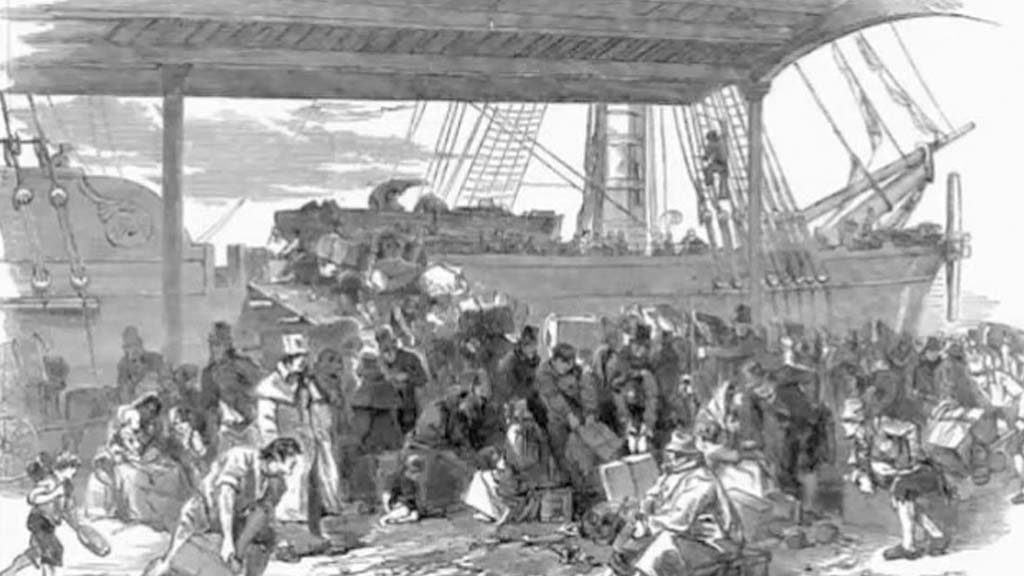
In the 19th and 20th centuries, Boston experienced significant waves of immigration, particularly from Ireland.
Irish immigrants, fleeing famine and seeking better economic opportunities, settled in large numbers in Boston and its surrounding areas.
Their presence profoundly impacted the local dialect, introducing new vocabulary, grammar structures, and pronunciation variations.
Integration and Evolution
As different communities mingled and interacted over the years, the Boston accent underwent further evolution.
The blending of English and Irish linguistic elements and influences from other immigrant groups, such as Italian and Eastern European immigrants, contributed to the rich tapestry of the accent.
Distinctive Features
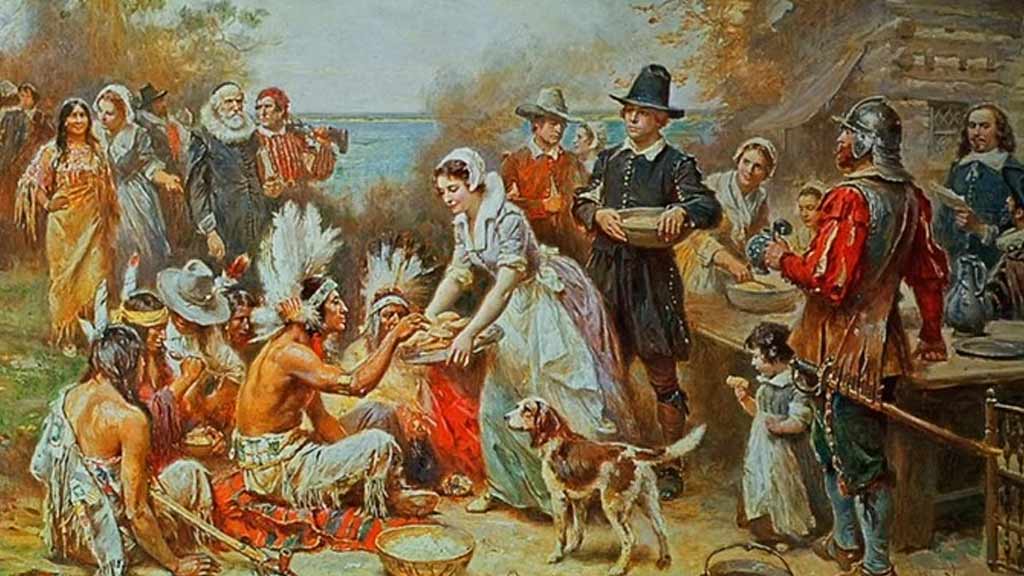
One of the most notable features of the Boston accent is the tendency to drop the letter “r” in certain positions, a phenomenon known as “r-dropping.”
This linguistic trait is often associated with coastal Massachusetts and is colloquially called “wicked natural” by locals.
Other distinctive features include vowel shifts and unique intonation patterns, which give the accent its unmistakable charm.
The Boston accent is a testament to the complex interplay of history, culture, and migration.
From its origins with the Puritan settlers to its evolution through waves of immigration, the accent reflects the diverse influences that have shaped the linguistic identity of coastal Massachusetts.
Despite its quirks and variations, the Boston accent remains a source of pride for many residents, serving as a cultural marker and a reminder of the region’s rich heritage.
Influence of Irish Immigration in Boston Accent History
The influence of Irish immigration on the evolution of the Boston accent is profound and multifaceted. Here’s a detailed exploration of how Irish immigration shaped the accent’s history:
Linguistic Impact
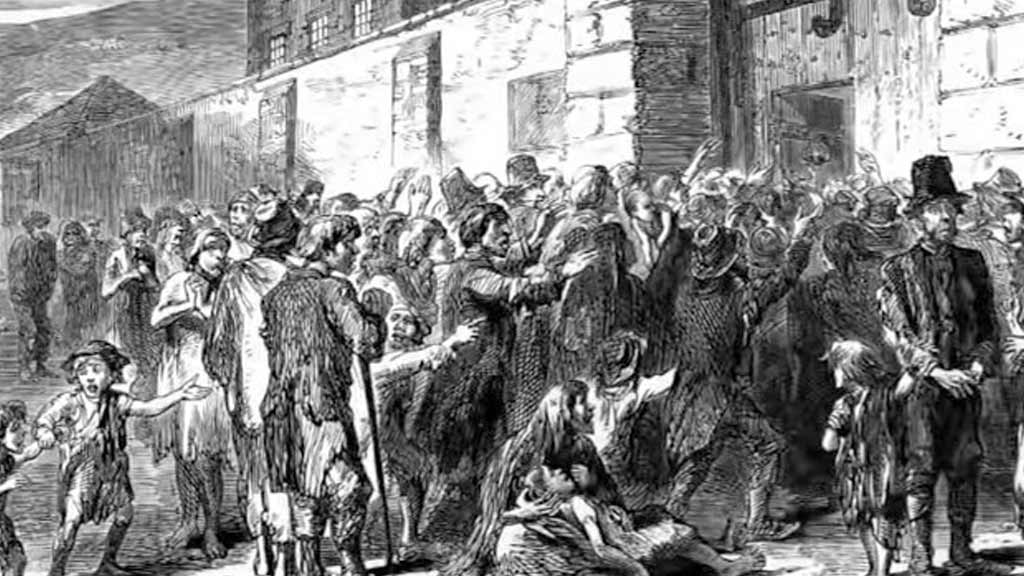
Irish immigrants brought with them their own distinct dialects and speech patterns, which integrated with the existing linguistic landscape of Boston.
This integration resulted in adopting Irish vocabulary, grammar structures, and pronunciation nuances, significantly influencing the local accent.
R-Dropping
One of the most noticeable effects of Irish immigration on the Boston accent is the phenomenon of “r-dropping.”
In Irish English, particularly in certain dialects, the pronunciation of the letter “r” can vary, often leading to its omission or alteration.
This characteristic blended with the existing speech patterns in Boston, contributing to the distinct r-dropping feature that characterizes the accent today.
Vowel Shifts
Irish immigrants also influenced vowel sounds in the Boston accent.
For example, the pronunciation of certain vowels, such as the “a” sound in words like “bath” or “dance,” may be influenced by Irish speech patterns, leading to variations in vowel sounds compared to other American English accents.
Intonation Patterns
The rhythm and intonation of the Boston accent were also influenced by Irish speech. Irish English tends to have distinctive intonation patterns characterized by rising or falling pitch contours.
These intonation patterns became integrated into the Boston accent, contributing to its unique musicality and cadence.
Cultural Influence
Beyond linguistic influences, Irish immigration contributed to the cultural fabric of Boston, shaping attitudes, traditions, and social dynamics.
The close-knit Irish communities in Boston maintained their cultural heritage through language, music, and customs, further embedding Irish linguistic elements into the local accent.
Continued Influence
While Irish immigration to Boston peaked in the 19th and early 20th centuries, its linguistic and cultural legacy continues to resonate in the accent today.
The descendants of Irish immigrants and the broader community maintain and perpetuate linguistic features inherited from their ancestors, ensuring the enduring influence of Irish immigration on the Boston accent.
Irish immigration was pivotal in shaping the Boston accent, contributing to its distinct features, including r-dropping, vowel shifts, intonation patterns, and cultural significance.
Integrating Irish linguistic and cultural elements into the local dialect underscores the rich history of immigration and cultural exchange in Boston.
Distinctive Features of the Boston Accent
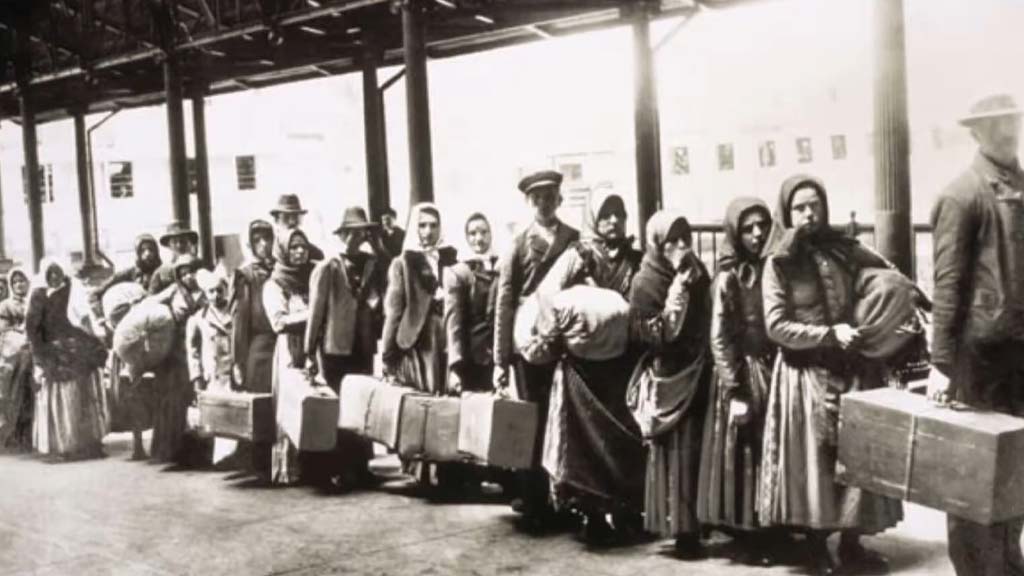
The Boston accent is renowned for its unique characteristics, which set it apart from other American English accents. Here are some of the most distinctive features of the Boston accent:
R-Dropping
Perhaps the most iconic feature of the Boston accent is the tendency to drop the letter “r” in certain contexts, especially at the end of words or before consonants.
For example, “car” may be pronounced as “cah” and “park” as “pahk.” This phenomenon is colloquially known as “r-dropping.”
Non-Rhoticity
In line with r-dropping, the Boston accent is non-rhotic, meaning that the letter “r” is often not pronounced when it appears at the end of a syllable or before a consonant.
However, the “r” sound may be pronounced in certain instances, such as when it precedes a vowel sound.
Vowel Shifts
The Boston accent is characterized by unique vowel sounds, which differ from standard American English. For example, the “a” sound in words like “bath” or “dance” may be pronounced with a rounded quality, sounding closer to “aw.”
Similarly, the “aw” sound in words like “caught” or “thought” may be pronounced as a diphthong, sounding closer to “ah-oo.”
Nasalization
Another feature of the Boston accent is nasalization, where certain vowel sounds become nasalized, particularly before nasal consonants like “m” or “n.” This can result in variations in vowel quality and resonance.
Intonation Patterns
The intonation patterns of the Boston accent are distinctive, characterized by a unique rhythm and cadence. Sentences may have a rising or falling pitch contour, influenced by Irish speech patterns and other cultural factors.
Lexical Features
The Boston accent also has its own vocabulary and colloquialisms, which reflect the region’s history and cultural influences.
Words like “wicked” (meaning very or extremely) and “frappe” (a milkshake) are commonly associated with the Boston accent.
Linking and Liaison
In connected speech, the Boston accent exhibits linking and liaison, where sounds blend together or are elided between words.
This can result in smoother transitions between words and contribute to the overall rhythm of the accent.
The Boston accent is a rich and distinctive variety of American English shaped by historical, cultural, and linguistic influences.
Its unique features make it instantly recognizable and a source of pride for many region residents.
Evolution and Modern Usage of Boston Accent
The evolution of the Boston accent has been a dynamic process influenced by historical, cultural, and demographic factors.
While its origins can be traced back to the colonial era and the influx of English settlers, particularly from East Anglia, the accent has undergone significant changes over time, particularly due to immigration and social interactions.
Here’s a look at the evolution and modern usage of the Boston accent:
Colonial Roots
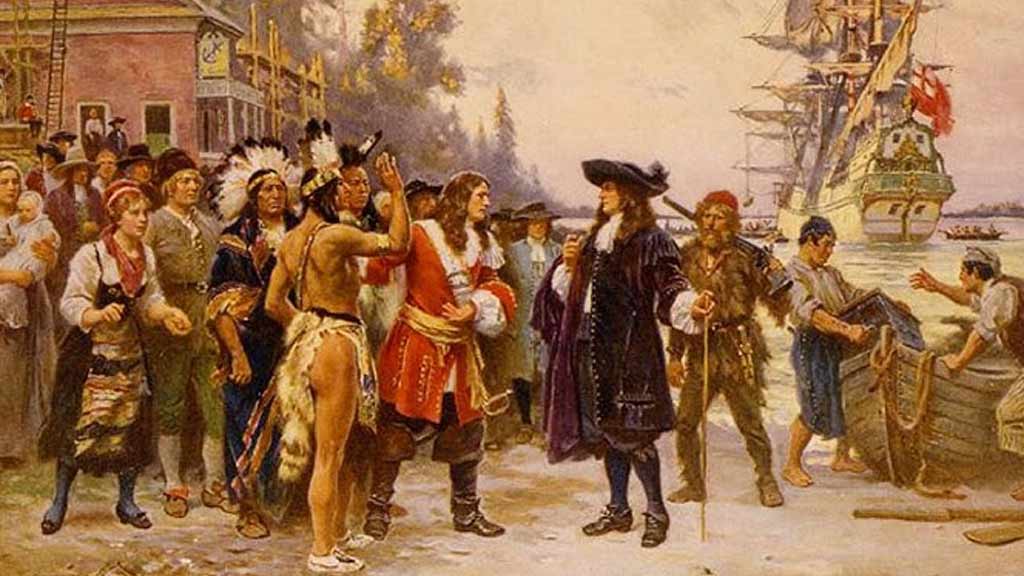
The Boston accent’s foundation was laid during the colonial period when English settlers arrived in the region.
The speech patterns of these early settlers, primarily from East Anglia, England, contributed to the accent’s initial development.
Irish Immigration
The 19th and early 20th centuries witnessed a massive influx of Irish immigrants to Boston, fleeing famine and seeking better opportunities.
The integration of Irish speech patterns, vocabulary, and intonation significantly shaped the Boston accent, leading to features like r-dropping and distinctive vowel sounds.
Subsequent Immigration Waves
Boston continued to attract immigrants from various parts of Europe, including Italy, Poland, and Eastern Europe, in the late 19th and early 20th centuries.
These diverse linguistic influences further enriched the Boston accent, contributing to its complexity and variability.
Social Stigma and Prestige
Historically, the Boston accent was often associated with working-class communities, leading to social stigmatization and perceptions of lower prestige.
However, there has been a growing appreciation for regional accents and dialects, including the Boston accent, as markers of identity and authenticity in recent years.
Media Representation
The portrayal of the Boston accent in popular media, particularly in films and television shows, has played a significant role in shaping perceptions and perpetuating certain stereotypes.
While some depictions may exaggerate or caricature the accent, others strive for authenticity and accuracy.
Regional Variation
It’s essential to note that the Boston accent exhibits regional variation within the greater Boston area and across Massachusetts.
Subtle pronunciation, vocabulary, and intonation differences can be observed among neighborhoods and communities, reflecting local identities and social dynamics.
Modern Usage and Preservation Efforts
Despite ongoing linguistic changes and influences from globalized communication, many Bostonians continue to embrace and preserve their accent as a marker of regional pride and cultural heritage.
Efforts to document and study the Boston accent and initiatives to promote linguistic diversity contribute to its continued relevance in modern society.
The Boston accent has evolved over centuries, shaped by immigration, social dynamics, and cultural influences.
FAQs
Why is the Boston accent often associated with dropping the letter “r”?
The tendency to drop the letter “r” in certain contexts, known as r-dropping, can be traced back to both English and Irish linguistic influences. It is a defining characteristic of the Boston accent, reflecting historical and cultural factors.
How did Irish immigration impact the evolution of the Boston accent?
Irish immigrants brought their own dialects, vocabulary, and speech patterns to Boston, influencing the local accent.
Features such as r-dropping, unique vowel sounds, and intonation patterns are attributed to integrating Irish linguistic elements into the Boston accent.
What role did other immigrant groups play in shaping the Boston accent?
In addition to Irish immigrants, other immigrant groups, including Italian and Eastern European communities, contributed to the richness and complexity of the Boston accent.
Their linguistic influences added diverse vocabulary, pronunciation variations, and cultural nuances to the accent.
Is the Boston accent still prevalent in modern times?
The Boston accent remains prevalent in the region, serving as a marker of local identity and cultural heritage.
While there may be variations among individuals and communities, efforts to preserve and celebrate the accent continue, ensuring its continued relevance in modern society.
Wrapping Up
The history of the Boston accent is a testament to the diverse influences that have shaped its evolution over the centuries.
From the arrival of English settlers in the colonial era to the waves of immigration in the 19th and 20th centuries, each cultural influx has left its mark on the accent’s distinctive features.
The fusion of English and Irish linguistic elements and contributions from other immigrant groups have created a rich tapestry of speech patterns, vocabulary, and intonation patterns that define the Boston accent.
Despite changes in society and communication trends, the accent remains a source of regional pride and identity, reflecting the resilience and adaptability of Bostonians throughout history. Thank you for your time.
Jaclyn Lowe